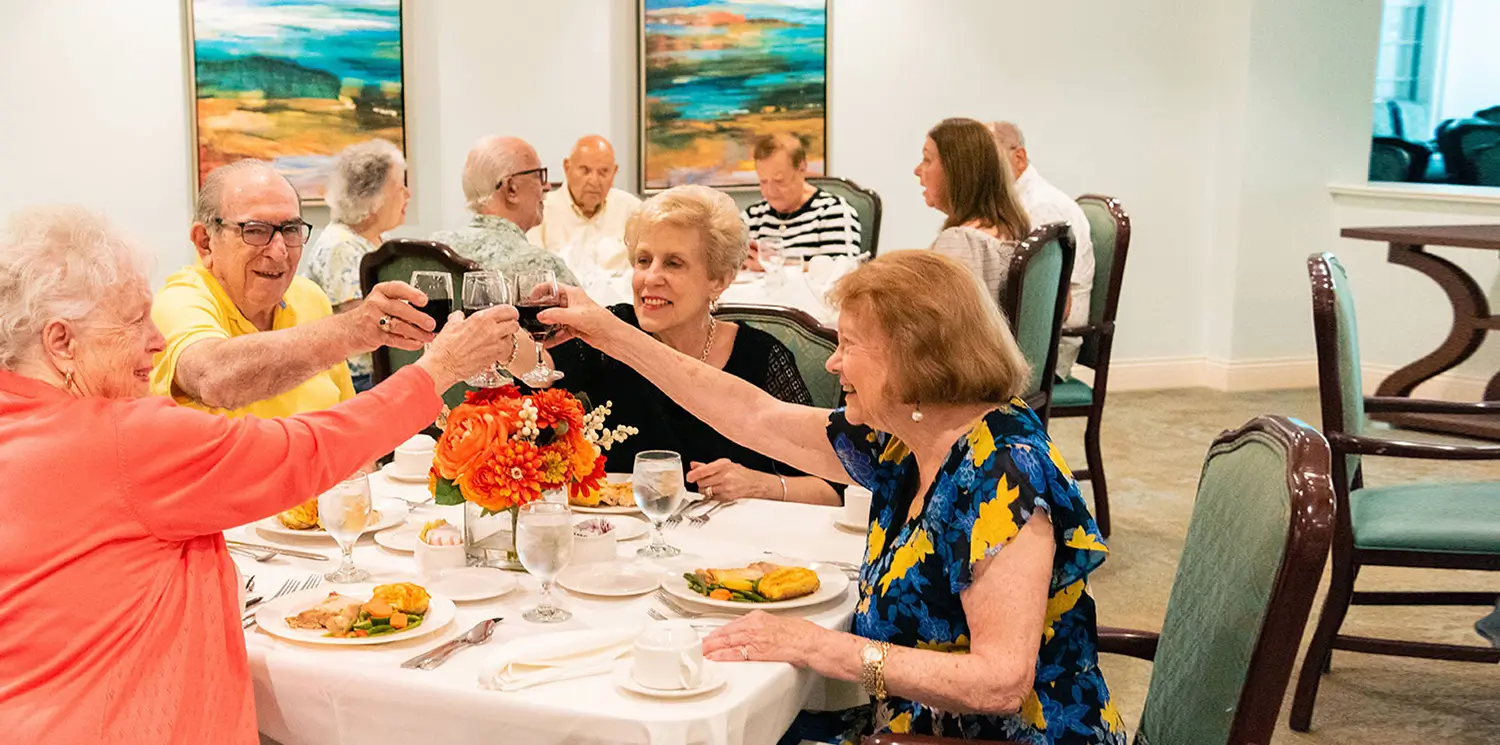What Is the Difference Between a CCRC and a Life Plan Community?
September 8, 2021
If you’re like many seniors contemplating your retirement future, you may have heard the term “Life Plan Community” and wondered what it means. More importantly, you may be curious whether it’s a type of community you should be considering, especially if you’re already sold on the advantages of a CCRC.
What is a Life Plan Community?
Life Plan Community is the name a growing number of senior living organizations use to describe what is known to many as a continuing care retirement community, or CCRC for short. The new moniker is more than just a name, though. It reflects an evolution in the lifestyle these senior housing communities offer and a shifting mindset among the residents who choose to make their home there.
A Life Plan Community brings living and planning together so you can focus on creating a future that allows you to live your life to the fullest. Retirement communities are evolving to appeal to changing needs and desires of older Americans. Today’s retirees want to be active, stay connected, make new friends, and engage in enriching, meaningful activities. They also want financial stability and the peace of mind that comes with knowing they can access different levels of care as their needs change. The concept of a Life Plan Community reflects this new vision for retirement living.
How is a Life Plan Community different from a CCRC?
Technically speaking, it’s not. The two terms actually mean exactly the same thing. A Life Plan Community, also known as a CCRC, is attuned to the whole-person needs of older adults and therefore quite intentional about the amenities and lifestyle it offers, as well as with the continuum of care and ability to plan for your financial future.
What are the financial requirements of a Life Plan Community?
When you move into a Life Plan Community like The Oaks at Denville, you’ll pay an initial entrance fee, which is based on the size of your residence and number of occupants. The fee secures your home and guarantees access to onsite healthcare services for life. You can approach the fee in one of two ways, depending on your financial goals.
The refundable option returns a portion of your initial payment when you leave the community; this is beneficial if you wish to leave funds to your estate or if you may consider moving again at some point in the future. With the traditional option, you pay a lower upfront amount and have the ability to reinvest the difference you save. It’s an excellent choice if you’ve already planned for your estate and your only obligation is your own financial plans.
Most people find that the monthly service fee is comparable to their current living expenses. Paying this fee entitles you to a full array of onsite services and amenities for wellness and entertainment, plus a maintenance-free lifestyle. Because so much is combined, it makes monthly expenses more predictable and financial planning easier.
How can I protect myself from rising healthcare costs?
As a resident of a Life Plan Community, you can count on access to the level of care you need when you need it, without leaving the community. With a Lifecare contract (also known as a Type A Life Care contract), you can guarantee predictable costs for that lifelong care at rates similar to what you would pay for independent living. Lifecare provides financial security, asset protection, tax advantages, and a predictable monthly payment, even if your needs change.
See a Life Plan Community for Yourself
There’s no need to wonder whether a Life Plan Community is right for you when you can take a tour and explore the possibilities. Contact us to arrange your visit to our nonprofit community located in the heart of Denville, New Jersey.




